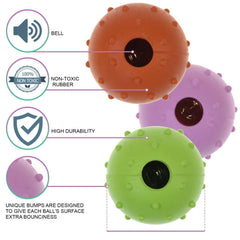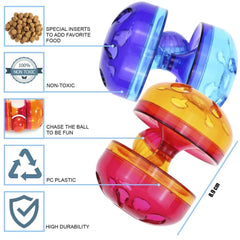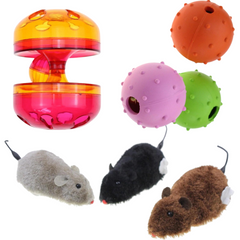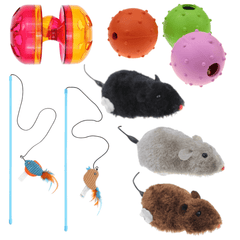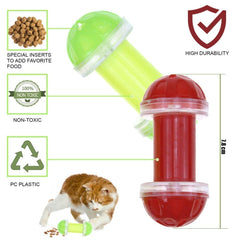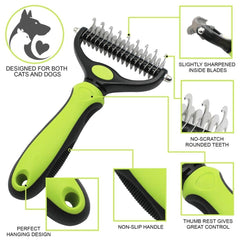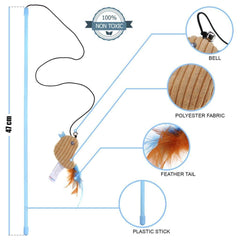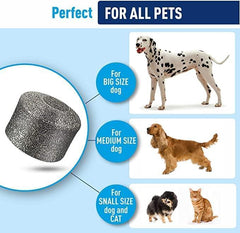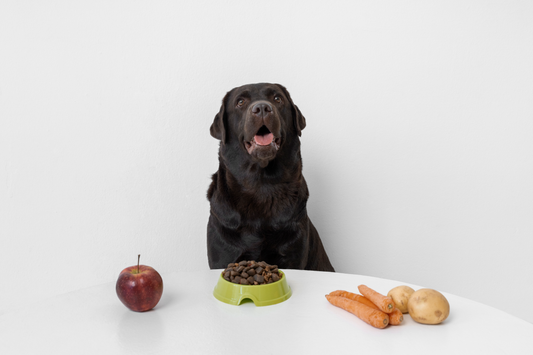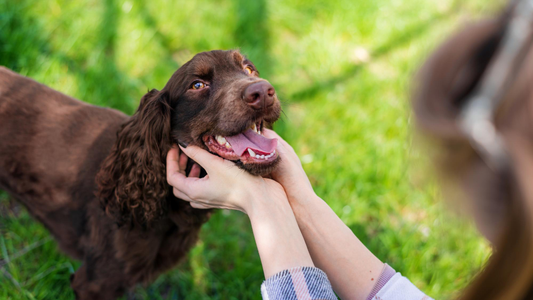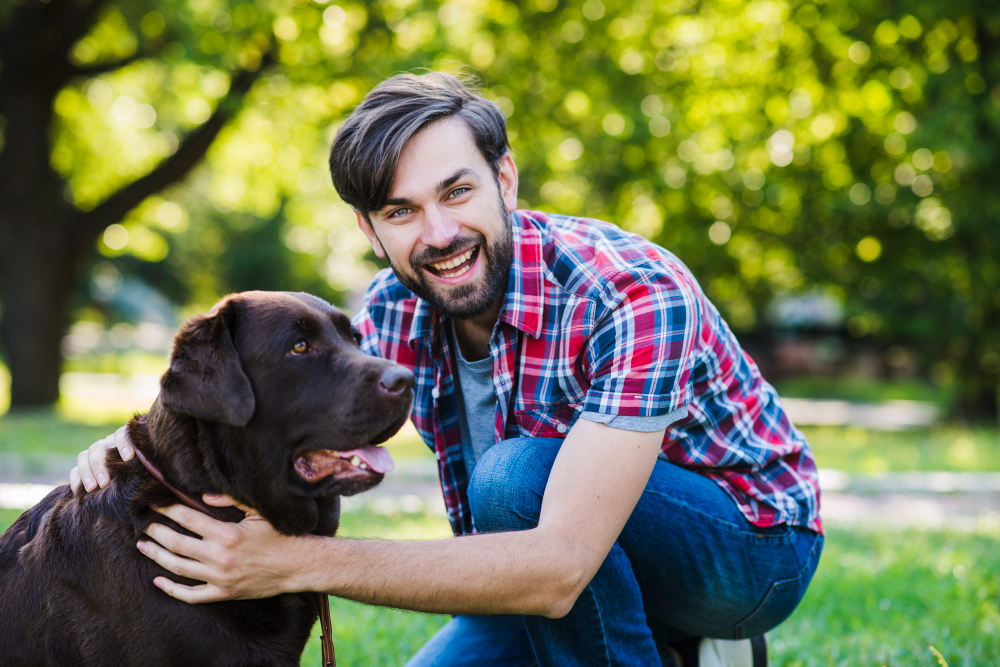
Do you often wake up to the sound of your dog whining? Is it something that your family members or neighbors complain about?
Well, you aren't alone. A lot of us go through this ordeal and are looking for reasons behind it. Your dog constantly whining for attention can mean a couple of things.
Identifying the reasons behind the whining dog is the first step toward addressing this issue. Today, we'll explore why your dog may be whining and how you can address this issue.
By learning more about how our dogs communicate with us, we can improve our relationship with them and have a happier home for everyone.
So, sit back, grab some coffee, hand your dog their favorite treat, and let us take you on the journey of understanding your dog better.
What Is Your Dog Whining?
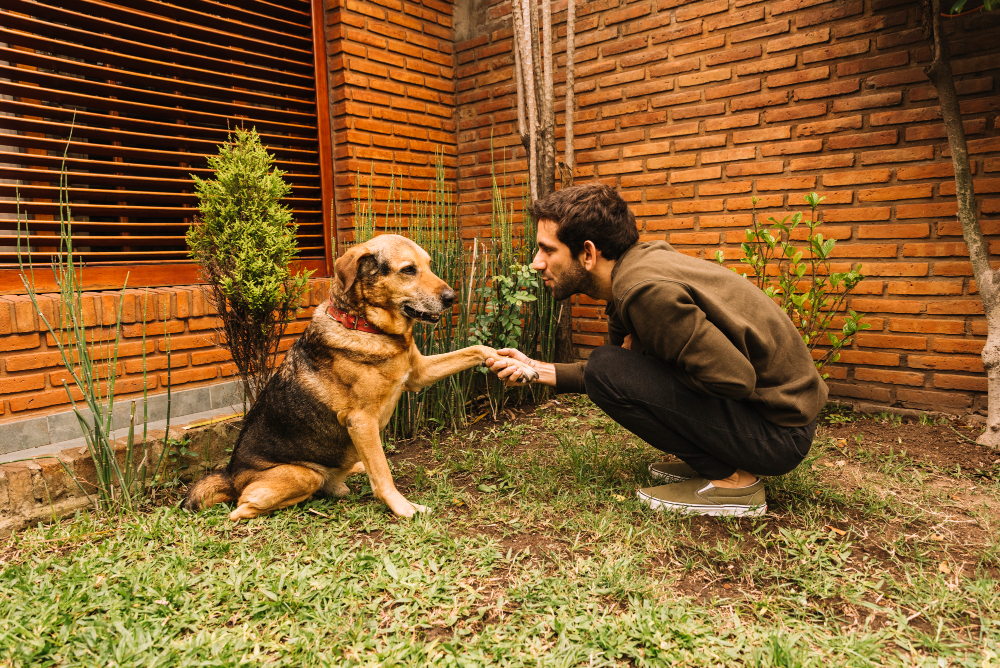
Whining is one of the ways dogs communicate through sound. According to studies, dog whining is not just a sign of your dog's anxiety. But, it's also used for welcoming and seeking attention, so make sure you understand that.
This type of communication typically includes a high-pitched, repetitive, and prolonged sound. Researchers have observed that dogs make more whining sounds when their mouths are closed than when they have their mouths open.
Dogs may whine for various reasons, and it's essential to understand these to truly get what your dog is attempting to convey or what they might need from you.
That's the only way you can stop your dog from whining.
Why Do Dogs Constantly Whine For Attention?
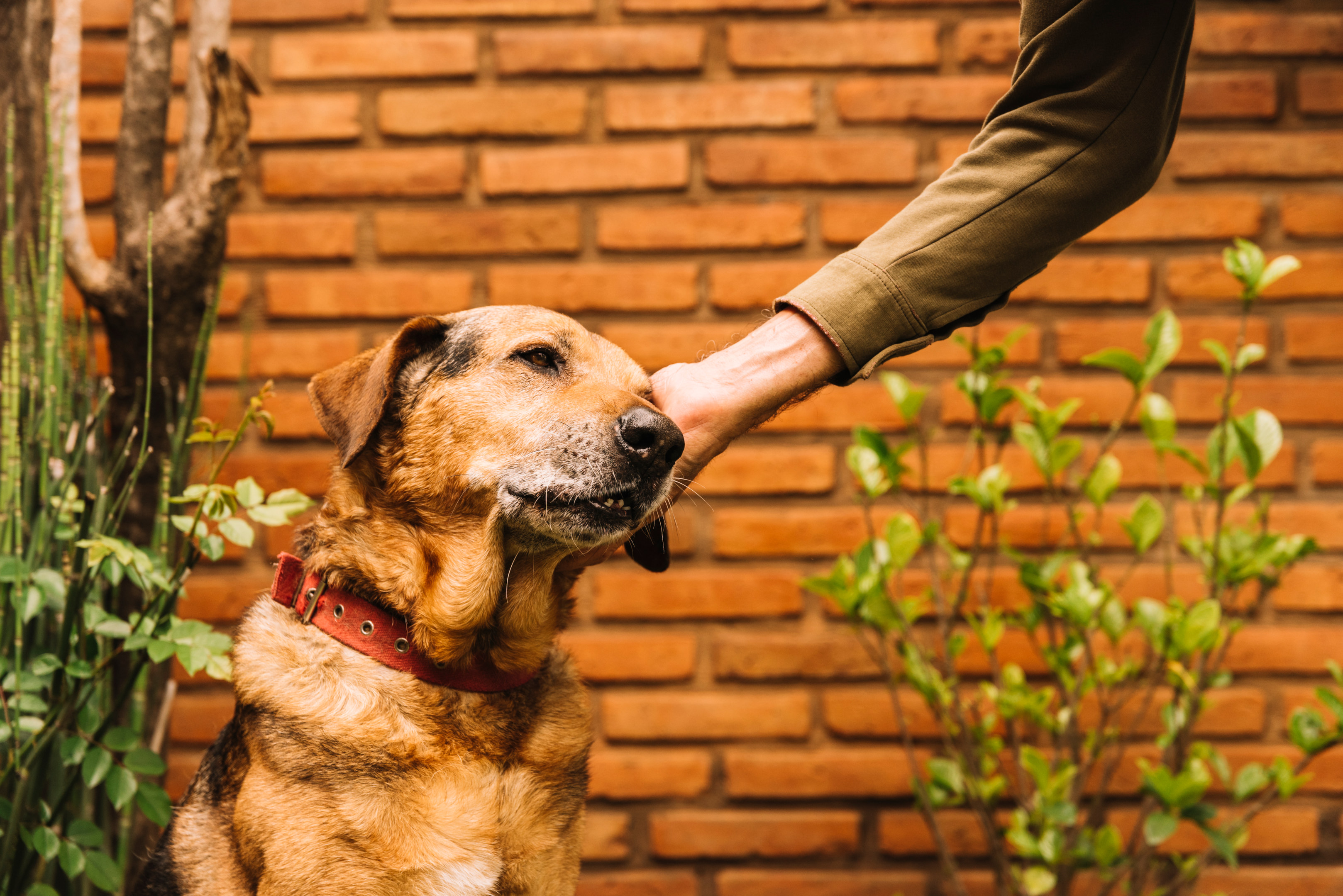
Dogs use whining as a form of communication to convey their needs, emotions, and desires. Let's find the reasons behind your dog's whining:
-
Attention-seeking behavior
Dogs whine to get your attention, much like how kids might pull a stunt to get you to direct all your attention to them. When your dog whines to get attention, they might want to play, snuggle, or simply spend more time with you.
It's their way of saying, "Hey, notice me and spend time with me."
-
Expressing pain or discomfort
When a dog is in pain or uncomfortable, they often whine to tell you something is wrong. This could be due to an illness, injury, or an ongoing issue like arthritis. Whining is their way of telling you they are hurting and need your help.
It's essential for pet owners to pay attention to these signals, as it might mean your dog needs medical attention.
-
Fear or stress
Dogs, like humans, can feel fear and stress and express these emotions through whining. This dog's appeasement whining indicates different things every time. This response may be provoked by different circumstances such as loud noises, being in a new or strange place, or encountering other animals.
Whining is their way of telling us that they're uneasy or anxious. Anxious dogs can be hard to handle as well. It's crucial for dog owners to pay attention to these signs.
This can help them comfort their pets and create a sense of security in stressful situations, ultimately strengthening the bond between humans and their canine companions.
-
Boredom
If dogs don't have enough mental or physical stimulation, they may turn to whining simply out of boredom. This is especially common in active breeds that need constant stimulation.
When their requirements for play, exercise, or mental challenges aren't met, they resort to whining as a way to express their restlessness.
To prevent this behavior, it is essential for dog owners to provide their furry companions with engaging activities and exercises they need, promoting a well-balanced lifestyle.
-
Separation anxiety
When you're getting ready to leave or when you're not at home, your dog may start whining a lot. This is because they are afraid to be left alone. Most dogs fear that. This is known as separation anxiety, and it shows that your dog is very scared of being by itself and wants you around all the time.
Along with whining, dogs with separation anxiety might do things like pacing, destroying things, or peeing where they shouldn't.
It's a tough situation for your dog, and you need to give your dog the attention they want. Working on it together is essential to help them feel more secure when you're not there. Give your furry friend some dog toys to keep them distracted when you're not around.
-
Excitement
Not every instance of whining is linked to distress. Dogs might also whine because they are incredibly excited or eagerly looking forward to something. It could happen when they see you getting their meal ready or reaching for their leash, signaling their enthusiasm.
Moreover, an interesting sight, such as a squirrel climbing a tree or the return of their favorite human, can set off their whining.
In these moments, their whines are like their way of telling you how excited or happy they are.
-
Greeting
Dogs tend to copy how we feel and act. They can greet us in various ways, like barking, whining, or jumping up.
Some dogs like to get up close and personal when they say hello, which is why they could jump up towards you. This may scare some people who aren't particularly fond of dogs.
But, if your dog goes wild when visitors arrive, it may be because they're nervous, too. Trying to stop this by using your knee or squeezing their front paws can make things worse.
Your pet may get torn between wanting to say hi and avoiding problems, leading to anxiety and behaviors like circling and bathroom accidents.
-
Remorse
If they're caught doing something wrong, they express a form of remorse through body language to apologize and avoid your anger.
Dogs pay attention to your response, whether in your facial expressions or how you act, to see if you accept their apology. It's important to acknowledge their effort and not ignore it.
Forgiving your dog after they show remorse can make them feel more secure and less self-conscious, preventing them from becoming withdrawn and anxious.
Signs of a dog apologizing include tucking their tail, whining, hiding, nuzzling or gently kicking you, snuggling up to you, or having droopy ears.
How to Address Different Causes of Whining?
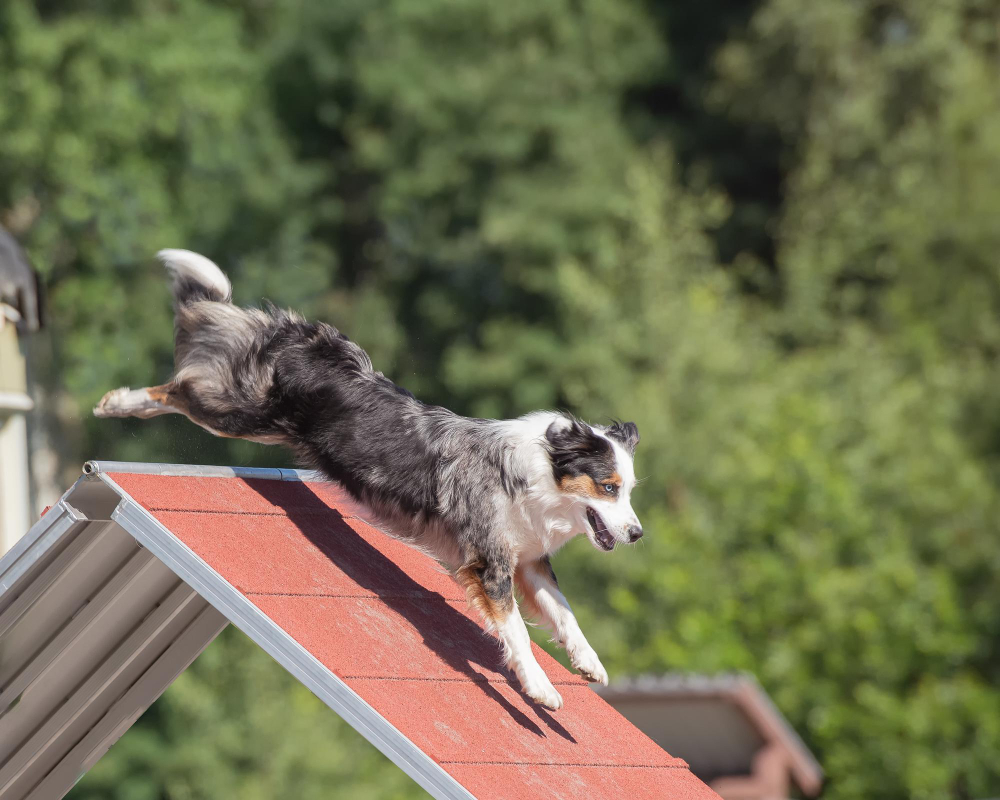
Here is how you can address your dog's whining:
-
Look out for Medical conditions
According to Madson, before addressing your dog's whining behavior, it's crucial to ensure they aren't experiencing a medical problem. She emphasizes that even the best training won't work if your dog is in pain or discomfort.
It's vital to eliminate any medical issues as a cause for the behavior change.
You should be concerned if your dog's whining starts suddenly, is highly intense, or is accompanied by signs of distress such as lethargy, loss of appetite, or unusual behavior.
If there's any suspicion that your dog's whining might be due to a medical condition or if you're unsure of the cause, it's essential to consult a veterinarian to ensure your pet's well-being and comfort.
-
Triggers identification
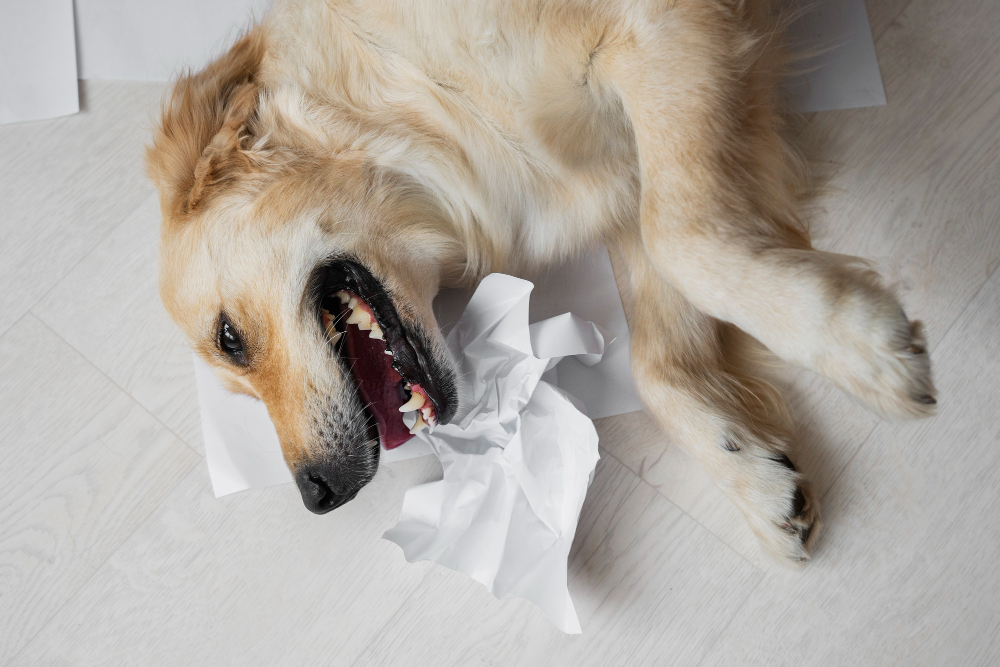
Once you've ruled out any health problems with your dog, it's time to play detective and figure out why they're whining. It's essential to consider your dog's overall situation and surroundings. There could be various reasons why adult dogs whine.
For example, if your dog has been indoors for a while and starts whining, it might be because they need to go potty. This is a common cause of your dog constantly whining and needs your attention.
When your dog gets all excited and starts whining as soon as you grab their leash, it's probably because they're excited to go for a walk.
Dogs often link the leash with going outside, and they show their excitement by whining.
If your dog whines when you're talking or busy with something, it's likely their way of asking for attention.
Likewise, if your dog starts whining around their usual mealtime, it's probably because they're hungry and want to eat. This can also mean your dog wants something else, like water.
Recognizing their dog meals, their timings, hunger, and feeding them on a consistent schedule, may stop the whining.
-
Knowing when to react
Balancing your role as a caring dog owner and not giving in to every little whine from your furry friend is essential. The key is to discern when your dog is genuinely disturbed, or when it's just seeking attention.
There are situations where you should act promptly. For example, if your dog hasn't been outside for a while and they whine, it's best to check if they need a bathroom break.
Also, you should consult a vet if your dog shows signs of pain or discomfort, like whining and limping.
When your dog is anxious due to things like thunder or fireworks, addressing their excessive whining is essential to help your anxious dog to be more comfortable with such situations.
In most other cases, your dog's whining usually means they want something from you, such as food, attention, or a toy. Sometimes, they may be excited about something or express their unhappiness, like when put in a crate.
In short, it's important to remember that if you respond to your dog's whining in non-urgent situations, they might learn that whining is an effective way to get what they want. In the future, they might start to whine for attention.
-
Positive reinforcement is the answer
It's essential to show your dog that being calm and patient works better to get your attention or what they want. The trick is to reward good behavior, like being quiet, instead of simply giving in to their whining.
For example, when your dog wants your attention and starts whining, wait for them to stop whining, then give them pets and affection as a reward. This shows them that calm behavior gets them what they want.
Moreover, if your dog is excited to go for a walk and starts whining when you get home, wait until they're quiet before taking out the leash. This helps them learn that being quiet is the way to go for a walk.
During mealtime, if your dog is impatient and whining for their food, wait until they stop whining before placing their meal in front of them. This teaches them that being quiet leads to their meal.
The main idea is to encourage good behavior and discourage whining. Avoid scolding your dog for whining, as it can make them more anxious. Instead, focus on positive reinforcement to maintain a good relationship.
-
Provide physical and mental stimulation
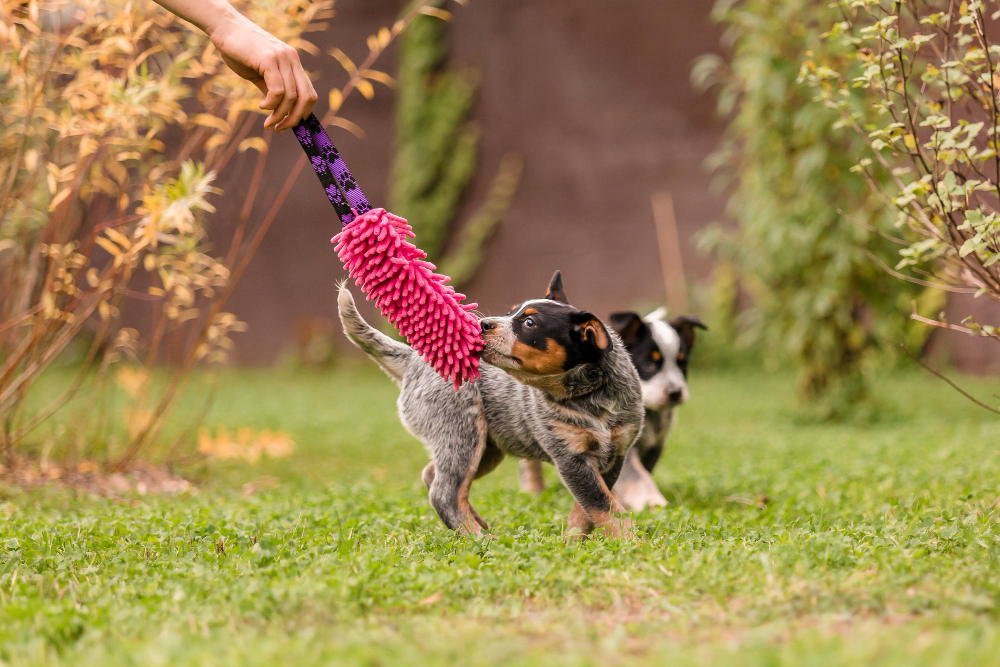
To prevent boredom, your dog needs a good balance of physical activity and mental stimulation. You can get this easily through routine walks, playtime, quality interaction with you, and the use of interactive toys. All of these things can help decrease the whining that boredom can trigger.
-
Desensitize Your Dog
Let's say your furry friend is really scared of thunderstorms and that's why your dog whines. Here's how to help them get used to the noise gradually. Because a whining dog can be hard to handle.
Find a recording of thunderstorm sounds. Start by playing the recording very quietly so it doesn't make your dog anxious. While the thunderstorm sounds are playing, do something fun with your dog. Try giving them a meal, a treat, or playing with their favorite toy. This helps create a positive association with the trigger.
In the next session, make the sound slightly louder while you keep having fun with your dog. Over time, keep playing the sound louder in each session. If your dog seems scared or anxious at any point, stop immediately. The idea is to help your dog get used to the sounds without it getting too scared.
-
Seek a professional dog trainer
If your dog is whining despite what you've tried, or if the whining is because of a bigger problem like constant separation anxiety, it's a good idea to get help from a dog trainer or an expert. Excessive whining is usually because of a bigger reason. A dog trainer will help you understand your dog's behavior.
A certified professional dog trainer can give you specific advice and methods to deal with your dog's unique issues.
Final Words!
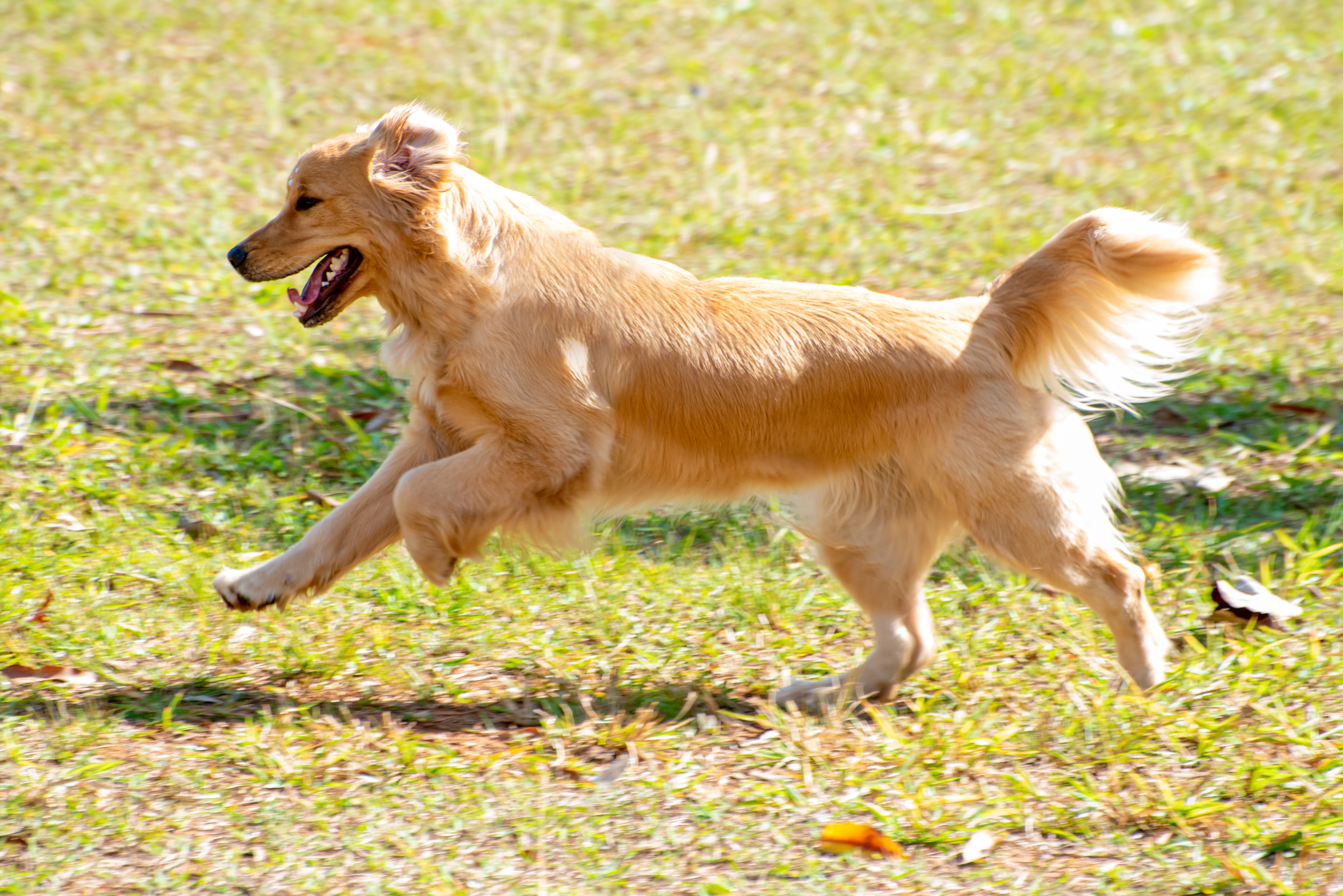
Dogs are more or less like children. They try to communicate what's going on with them through whining along with other things. Dealing with a dog that's always whining for attention requires patience. Start by making sure your dog is healthy by checking for any medical issues.
Then, pay attention to why your dog is whining so much. Figure out when it's necessary to respond immediately and when not.
A big part of the solution is to teach your dog that being calm and quiet works better to get your attention. Reward them when they're not whining to reinforce this.
If the whining problem is complicated or doesn't go away, getting help from a dog training expert is a good idea. They can give you advice and methods that fit your dog's needs.
By following these steps, you can manage your dog's excessive whining. As a result you'll get a happier and less whiny furry friend. This will also make your bond with your dog even stronger.
